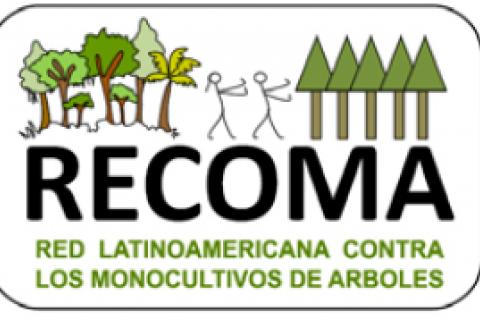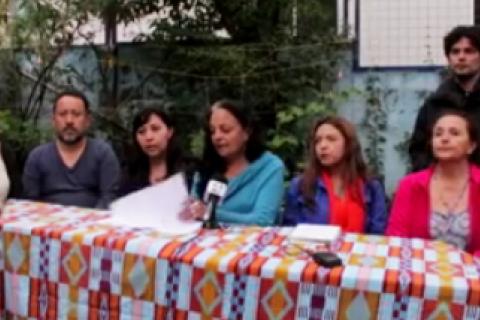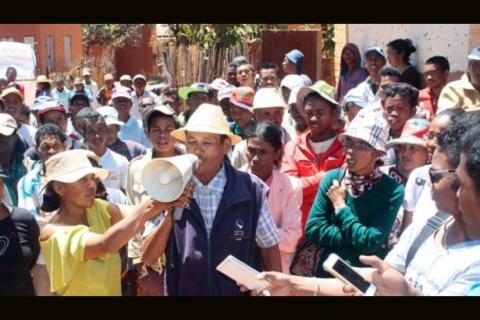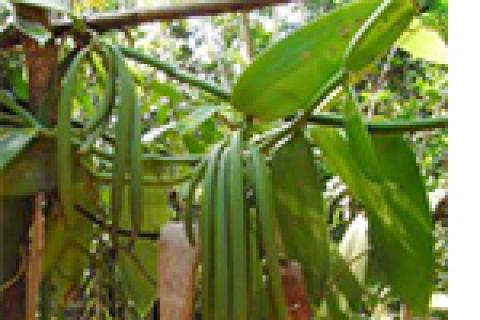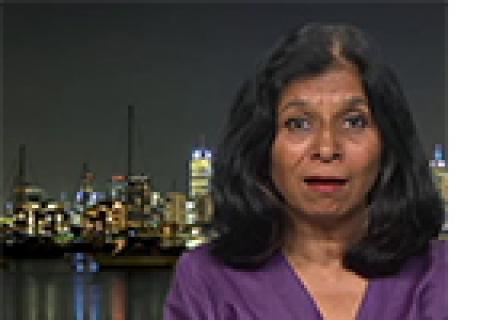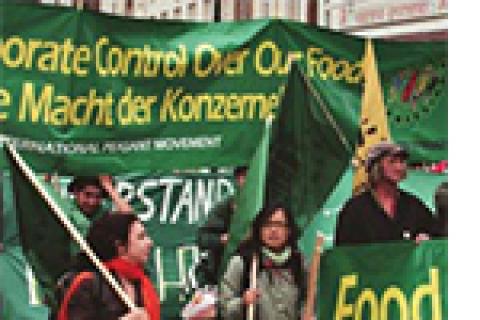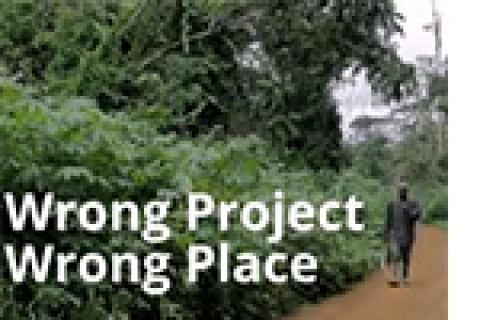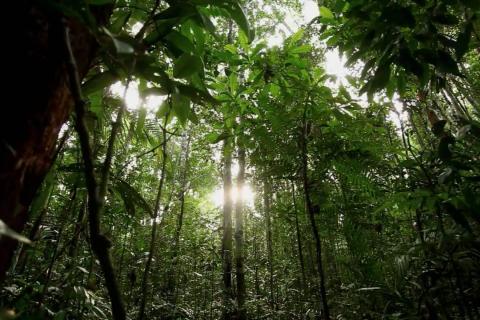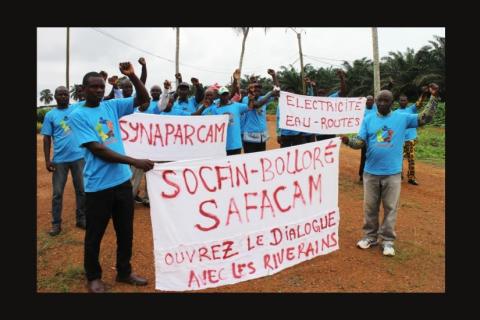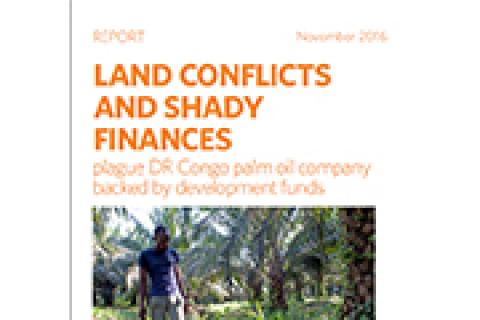América Latina, 26 de diciembre de 2016
La Red Latinoamericana contra los Monocultivos de Árboles (RECOMA) expresa su apoyo y solidaridad con nuestra organización hermana Acción Ecológica (AE) ante la amenaza de clausura que recibiera el pasado 20 de diciembre de 2016 por parte del Ministerio del Ambiente y el Ministerio del Interior.
Other information
Letter to be sent to:
Dr Rafael Correa, President of Ecuador
rafael.correa@presidencia.gob.ec
Ministro de Ambiente
walter.garcia@ambiente.gob.ec, wgarcia@ambiente.gob.ec,
Ministro Interior
fuentesd@outlook.com
C/C presidencia@accionecologica.org
TO THE ECUADORIAN GOVERNMENT: AGAINST THE DOUBLE EXTRACTIVIST HUNTING
December 21, 2016
Dr Rafael Correa, President of Ecuador,
Acción Ecológica denounces the request made by Diego Torres Saldaña, Deputy Minister of Internal Security, to the Minister of Environment to set in motion an administrative procedure that would dissolve our organization on the ground that we have deviated from the aims for which we were constituted.
Report: From Global Enclosure to Self Enclosure: Ten Years After - A Critique of the CBD and the "Bonn Guidelines" on Access and Benefit Sharing. ETC Group, 2007.
A reference document to understand the history of biopiracy and its consideration in the context of the CBD. The Guidelines were the basis for negotiation of the Nagoya Protocol.
Executive Director at Focus on the Global South, Shalmali Guttal, talks about how trade and investments have converted agricultural lands and fishing grounds into special economic zones, especially in the Asian region. In the interview she describes how these conversions have affected the lives and livelihoods of communities. The interview also covers the broader issues of trade & investments' impact on medicines, intellectual property right, and corruption and public governance.
Article: Industry benefits but does not pay its dues. Patents are an assault on genetic resources. By Guy Kastler, General Delegate of Réseau Semences Paysannes, France.
The short video shows how the large-scale oil palm plantation project has negatively impacted the lives of thousands of community members, threatened biodiversity hotspots, and failed to meet development promises to local communities in the Southwest region of Cameroon. The film was released in anticipation of a crucial decision to be made by the Government of Cameroon on the renewal of a land lease for the controversial Herakles Farms (SGSOC) project. “The Wrong Project in the Wrong Place” is available here:
2 November 2016.
European and US development funds are bankrolling palm oil company Feronia Inc despite land and labour conflicts at its plantations in the Democratic Republic of the Congo (DRC). New information now raises questions as to whether the Canadian-based company misused millions of taxpayer dollars destined for international aid by way of companies connected to a high-level DRC politician.
